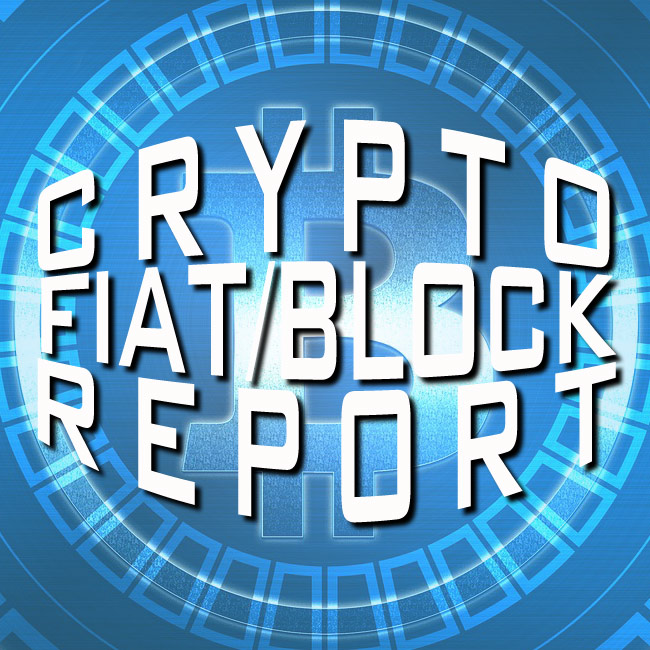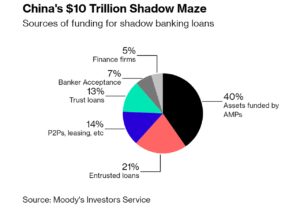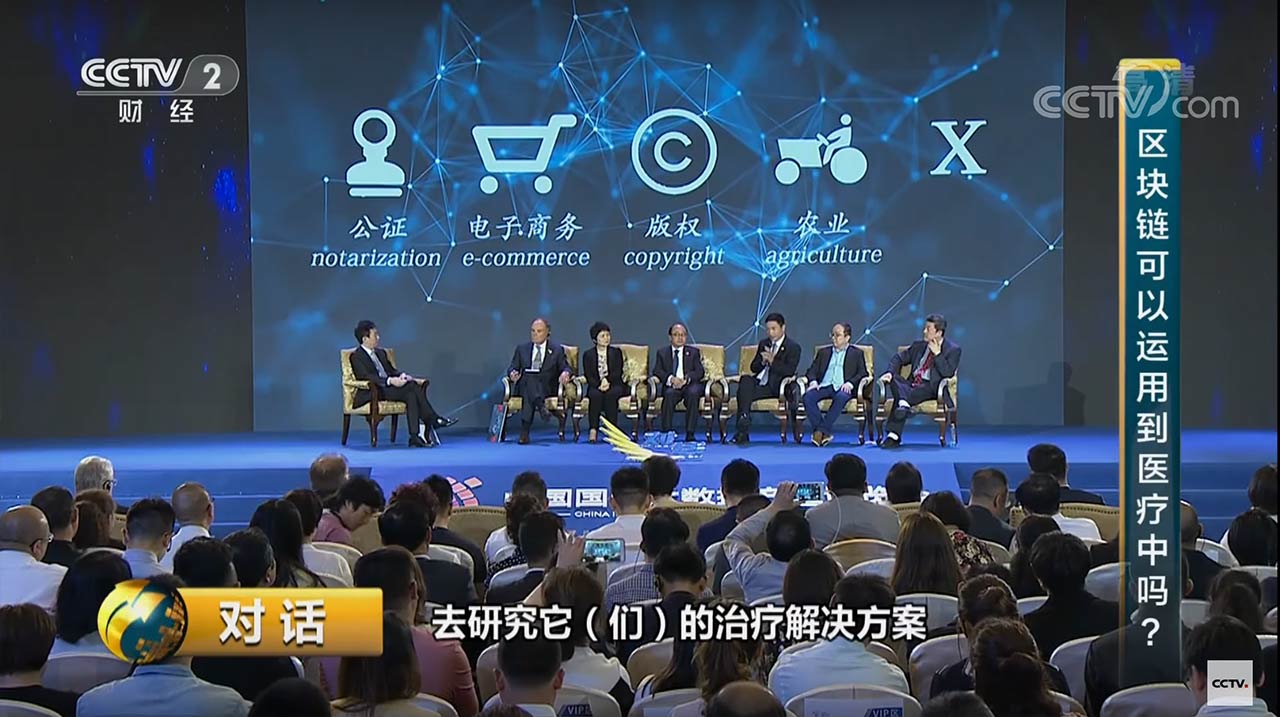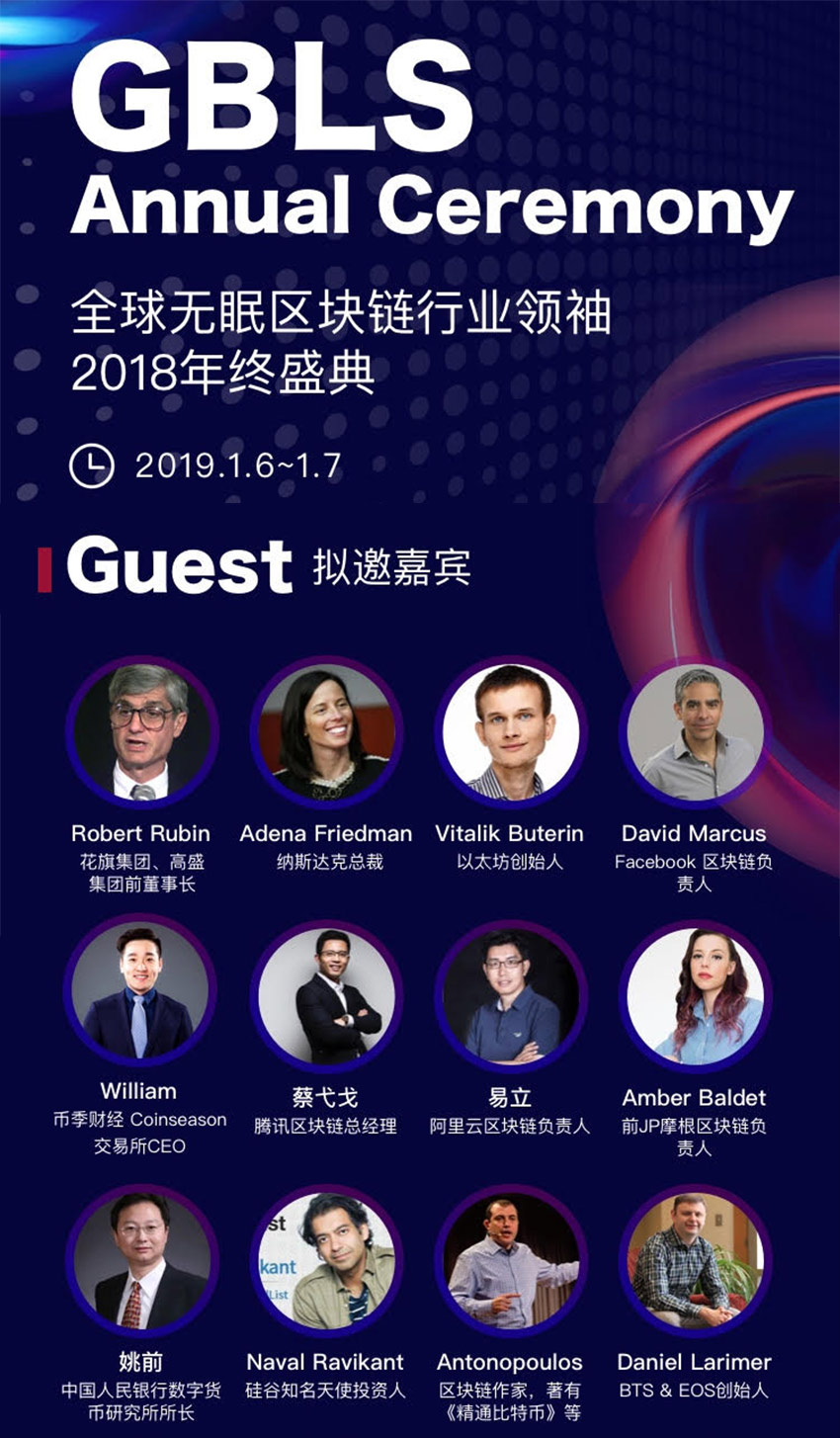Written by Maurice Cardinal
 Based on the enormous size of the GBLS conference – one of the largest blockchain events in the world, it’s interesting to see that China has invested billions in an industry supported by cryptocurrency, and that they now fully appreciate the power and potential of blockchain.
Based on the enormous size of the GBLS conference – one of the largest blockchain events in the world, it’s interesting to see that China has invested billions in an industry supported by cryptocurrency, and that they now fully appreciate the power and potential of blockchain.
China, in its signature understated way, is building blockchain ecosystems larger, faster, and more often than any other nation. As you know, you get good at something you do often – just like playing the violin, or tennis.
 China’s contribution to the blockchain industry has still not fully galvanized upon the rest of the world, which is one good reason GBLS is a conference you should attend.
China’s contribution to the blockchain industry has still not fully galvanized upon the rest of the world, which is one good reason GBLS is a conference you should attend.
It’s easy to underestimate the impact Asia already has on blockchain, and to forget, that at one point, ninety percent of transactions on crypto exchanges occurred in China. Blockchain has been a part of Chinese vernacular for a long time and at a deeper level than anywhere else in the world. Retailers in China already understand blockchain, and millions have already invested in it while other countries are still vacillating.
China has a lot to gain, and they know it.
Blockchain, if for no other reason, radically reduces operating expenses for enterprises like health care, military, real estate, public transportation, cloud computing, investment and banking, news distribution, managing sensitive institutions like nuclear energy, and the list goes on and on. Some countries are aggressively implementing ecosystems to use blockchain to manage healthcare – according to Deloitte, the global healthcare industry will reach $8.7 trillion by 2020.
NASDAQ.com and the Wall Street Journal report that Sweden “… has been testing ways to record [real estate] property transactions on a blockchain since June 2016 . “This could save the Swedish taxpayer over €100 million ($106 million) a year by eliminating paperwork, reducing fraud, and speeding up transactions …”
Blockchain and cryptocurrencies are in the third phase of mainstream adoption. The first phase included only the highly progressive tech world – the people developing blockchain and crypto. The second phase occurred over the last eighteen months when early adopter investors jumped in wildly hoping to make a fortune, which some did, on a new and exciting venture most knew nothing about, except that it had potential to return huge profit. The third phase, the one we’re in now, is where business leaders begin to apply blockchain and crypto ecosystems to real world uses like healthcare and the military.
Theoretically, if China, using blockchain, could reduce their healthcare costs by fifty percent, or, to be on the extreme conservative side, say even twenty-five percent, which is way more than feasible, how important do you think that outcome would be for China’s aging population of 1.4 billion people? Almost thirty percent of China’s population is sixty years or older.
A few other points to consider about China and Blockchain:
China’s largest online retailer, JD.com, uses blockchain to manage its food product supply chain. Also, China’s largest company – the fifth largest company on earth, Tencent, recently published a whitepaper about blockchain management that addresses the prevention of tampering with prescription drugs.
Collectively, China has mined more Bitcoin than any other country in the world – in part because they have cheap electricity rates that make crypto mining profitable – a liquid dynamic tied to the price of Bitcoin and other cryptos. China is also a major producer of the hardware required to mine crypto cost-effectively. Bitmain, a Chinese company and one of the largest crypto mining operations in the world, is valued at over $9 billion. Crypto mining is currently going through major changes, but China is still a hub of expertise and activity.
China has more Bitcoin millionaires than any country, although in fairness, they also have the most millionaires in general too.
China initially cracked down heavily on crypto, but today they are modifying regulations in a measured way looking for solutions that deliver the streamlined operations and data efficiencies that underpin blockchain technology.
The CCID – China Center for Information Industry Development, released its first series of rankings in early 2018, and ranked Ethereum as the most favourable blockchain ecosystem. It says a lot coming from a country with 1.4 billion people and a rapidly growing tech economy.
On the other side of the crypto coin, China has a unique, $10 trillion challenge with “shadow banking” that could be managed effectively with blockchain.
………………………………………
State-run television, CCTV described blockchain
as critical for the future global economy.
CCTV claims blockchain is “ten times
more valuable than the internet.”
China’s second largest company, Alibaba, in 2017 filed forty-three blockchain patents, more than any company in the world. China filed two hundred blockchain patent applications, compared to ninety-one for the United States – that ratio alone speaks volumes!
Hangzhou, Alibaba’s home city, and where the GBLS conference is hosted, invested over $1.5 billion in local blockchain companies and the Hangzhou Blockchain Industrial Park.
Blockchain delivers an immutable record of transactions and manipulations that ensures banks maintain control over their monetary structure. The People’s Bank of China is proposing to implement a blockchain ledger for interbank transfers and transactions.
The take-away here is that China, a country with the world’s largest population is developing blockchain at a speed that far outpaces other countries, and they are doing it relentlessly. They have experience, and if you want to learn from the best, GBLS will introduce you to the greatest minds in blockchain development from around the world.
 CoinSeason’s Co-Founder and CEO, William Wang will do a presentation at GBLS in January about blockchain and why his Canadian company is the perfect choice for anyone interested in developing this new and engaging technology.
CoinSeason’s Co-Founder and CEO, William Wang will do a presentation at GBLS in January about blockchain and why his Canadian company is the perfect choice for anyone interested in developing this new and engaging technology.
Other Speaking GBLS Guests include; Robert Rubin – former U.S. Treasury Secretary, Vitalek Buterin – Co-Founder Ethereum, and David Marcus – Facebook, among many other well respected blockchain and crypto influencers.
If you see anyone from CoinSeason at GBLS please say hello!
::::::::::::::::::::::::::::::::
 Author Maurice Cardinal is a Blockchain Development Advisor and a Crypto Content Specialist at CoinSeason Capital Inc. Maurice has helped develop successful blockchain strategies and ICO campaigns for the news, gaming, healthcare, and cloud computing industries, and has researched, written, and advised about blockchain and cryptocurrency strategies for several years. Maurice is also the author of Leverage Olympic Momentum an early adopter business bible about disruptive marketing and growth hacking. He is also the Editor of CryptoFiatBlog.com
Author Maurice Cardinal is a Blockchain Development Advisor and a Crypto Content Specialist at CoinSeason Capital Inc. Maurice has helped develop successful blockchain strategies and ICO campaigns for the news, gaming, healthcare, and cloud computing industries, and has researched, written, and advised about blockchain and cryptocurrency strategies for several years. Maurice is also the author of Leverage Olympic Momentum an early adopter business bible about disruptive marketing and growth hacking. He is also the Editor of CryptoFiatBlog.com



